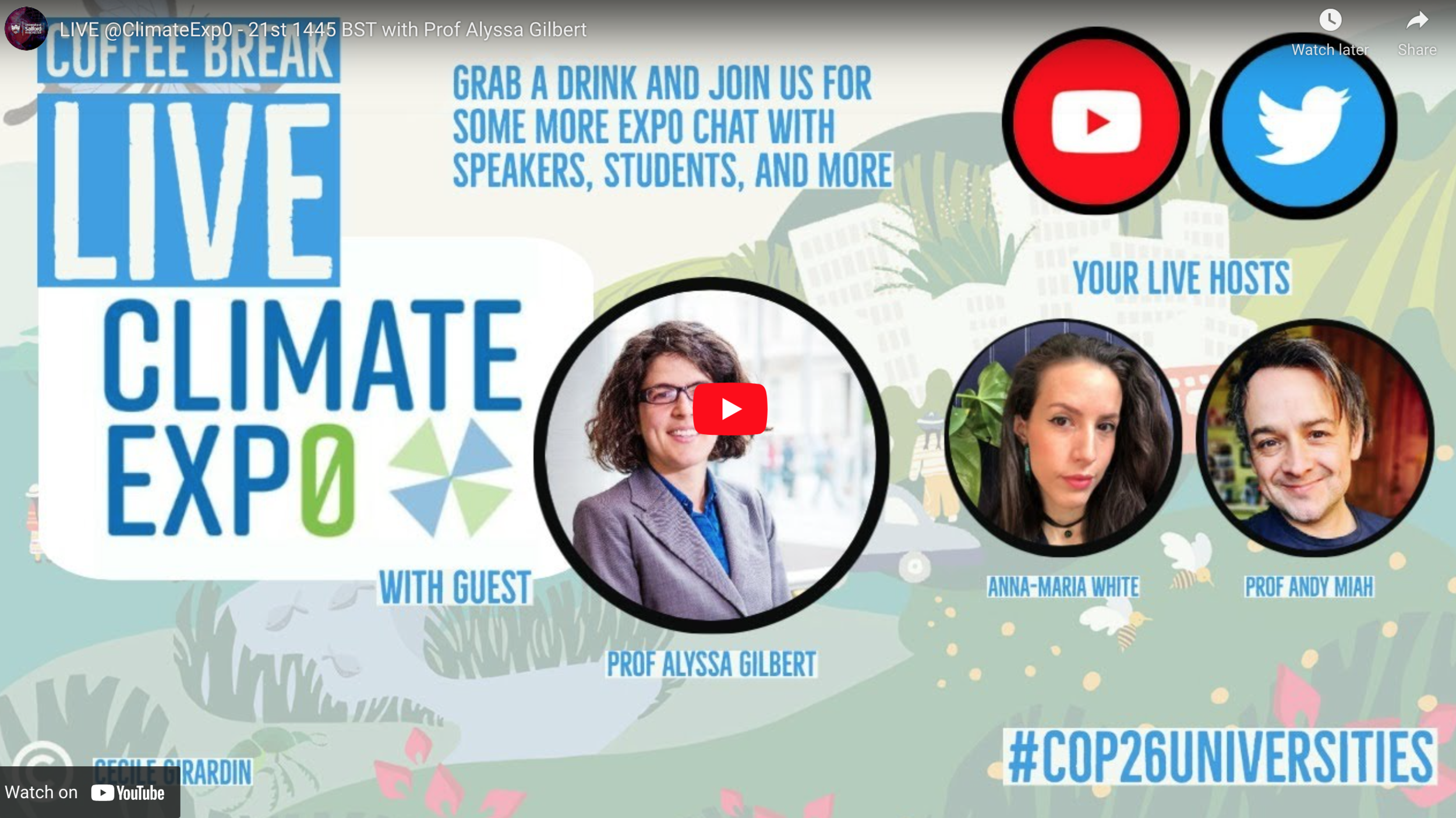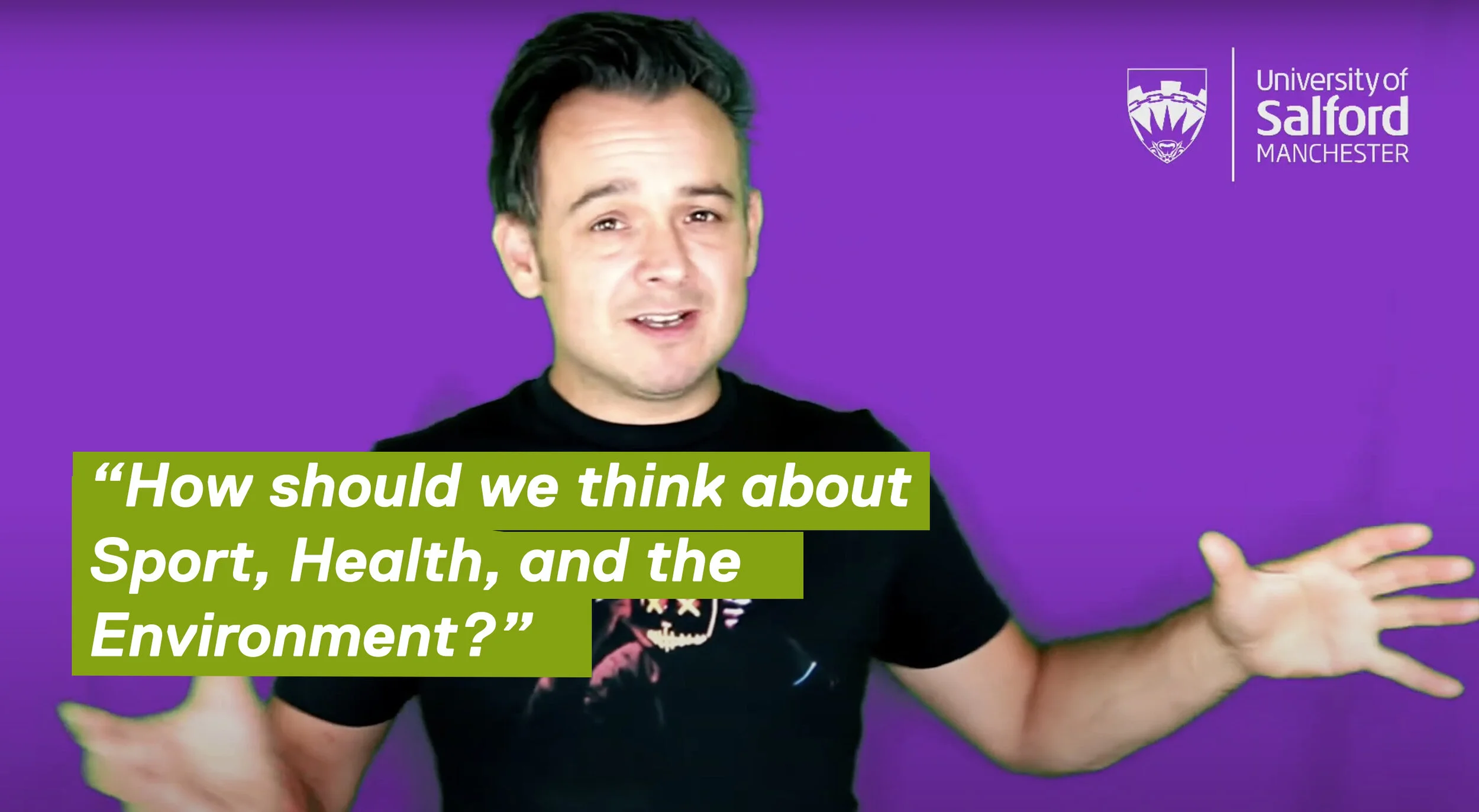On the recommendation of one of our PhD students, I spent some time at the Pousada Uacari, which is connected with the Mamiraua Institute, an organizational set up in the 1980s to conserve an area of the Amazon that was under threat from logging and fishing companies. A number of the region's wildlife were affected negatively by this, notably the Uacari, a primate that was near extinction until this programme began.
Thirty years later and the Uacari is thriving again and the local communities have both ownership of the fishing industry and the capacity to feed and grow their populations. The focus of the research here remains the conservation of the natural habitat but there is so much more that they do, including health and education programmes.
The idea of conservation has defined a lot of this trip for me and I have thought a lot about how that concept may have evolved since its rise in prominence in scientific disciplines in the 1970s. It emerged clearly out of a range of disciplines and is intimately connected to the rise of wider environmentalism which defined that period.
Many of the techniques used to underage conservation research are quite primitive, involving experimentation with mimicking conditions in the wild so as to understand whether it is possible to use captive breeding or growing as as step towards a more natural repopulation.
In this sense, science and technology are servants to nature, their aim s imitation not displacement. Alternatively, science is used to measure and monitor, with a view to establishing things like fishing quotas or simply an understanding of how populations are being affected by human behaviour.
The question I leave here with though has to do with that concept of conservation and how compatible it is with population growth and how much it may have changed over the last 40 years. This seems a nice starting point for a new line of inquiry for me which resonates with the aspirations biotechnologists have for nature. There seems something on obviously incompatible about the two approaches, but reaching this conclusion depends heavily on where one ends up with the definition and meanings of the word conservation.






















